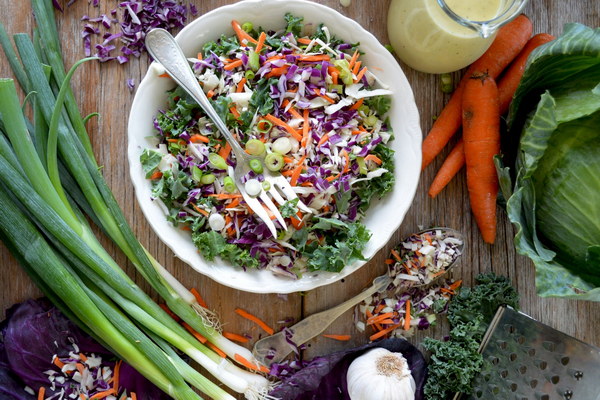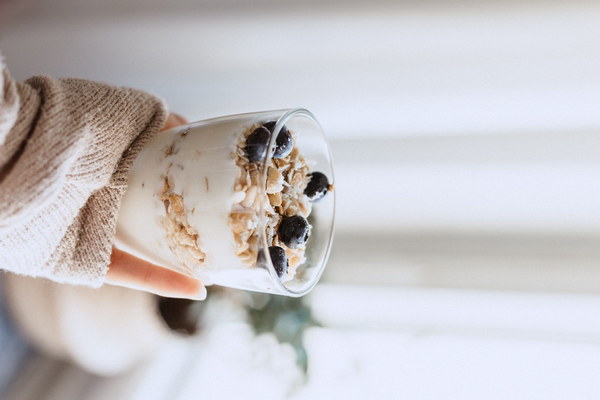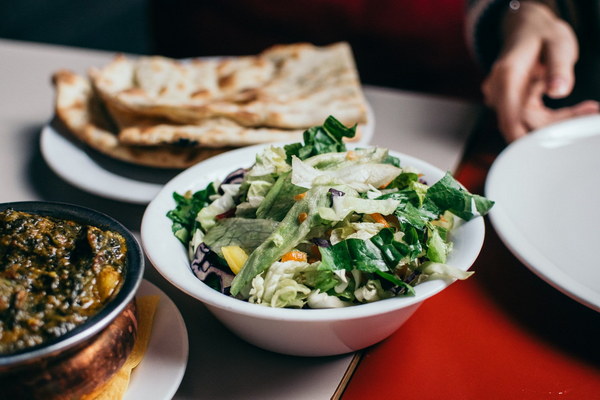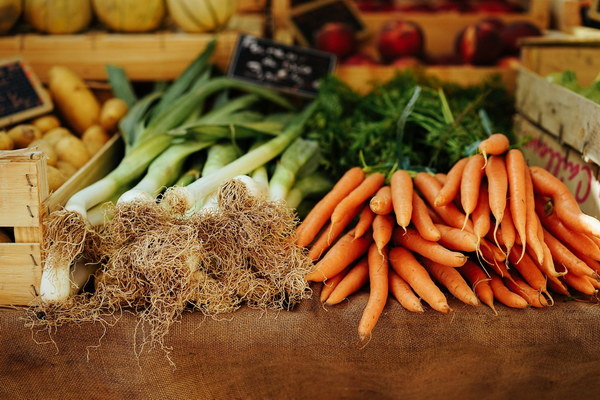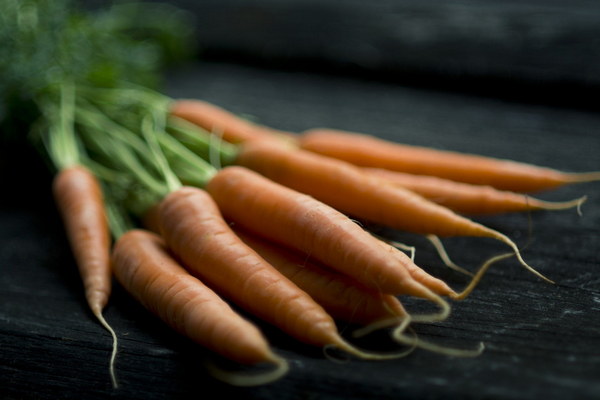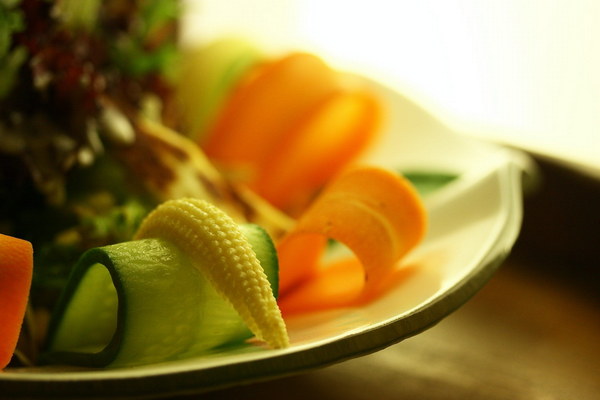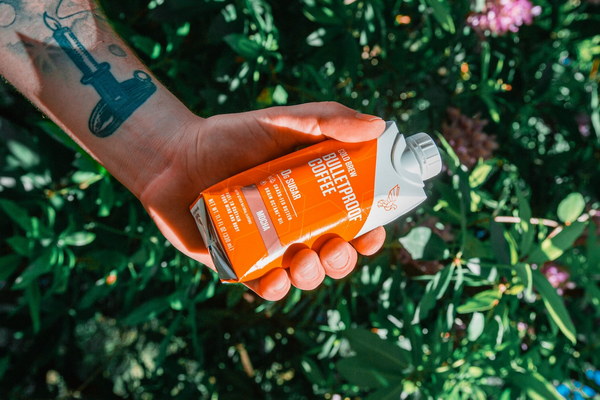Boost Low Blood Pressure Naturally A Comprehensive Guide to Dietary Supplements
Introduction:
Low blood pressure, also known as hypotension, can be a concern for many individuals. While it may not always cause immediate symptoms, chronic low blood pressure can lead to fatigue, dizziness, and fainting. To help regulate blood pressure and improve overall well-being, incorporating certain dietary supplements into your daily routine can be beneficial. In this article, we will explore the best food supplements for low blood pressure and provide tips on how to incorporate them into your diet.
1. Calcium:
Calcium plays a crucial role in maintaining blood pressure levels. Studies have shown that consuming adequate amounts of calcium can help reduce the risk of hypertension. Good sources of calcium include dairy products like milk, cheese, and yogurt. Additionally, leafy green vegetables like kale, broccoli, and spinach are excellent sources of calcium.
2. Potassium:
Potassium is another essential mineral that can help regulate blood pressure. It works by counteracting the effects of sodium in the body. Foods rich in potassium include bananas, avocados, sweet potatoes, and oranges. Including these foods in your diet can help lower blood pressure naturally.
3. Magnesium:
Magnesium is a vital mineral that can contribute to healthy blood pressure levels. It helps relax blood vessels and improve blood flow. Foods rich in magnesium include almonds, cashews, dark chocolate, and whole grains like oatmeal and brown rice. Incorporating these foods into your diet can help manage low blood pressure.
4. Vitamin D:
Vitamin D plays a significant role in maintaining healthy blood pressure levels. Many people are deficient in this vitamin, which can lead to hypertension. Foods rich in vitamin D include fatty fish like salmon, mackerel, and sardines. Additionally, fortified dairy products, orange juice, and egg yolks are good sources of vitamin D.
5. Garlic:
Garlic has been used for centuries as a natural remedy for various health conditions, including low blood pressure. It contains compounds that help dilate blood vessels and improve blood flow. Consuming garlic regularly can help manage low blood pressure levels. You can add garlic to your meals or take garlic supplements after consulting with a healthcare professional.
6. Flaxseeds:
Flaxseeds are an excellent source of omega-3 fatty acids, which can help lower blood pressure. They also contain fiber and lignans, which can aid in reducing inflammation and improving heart health. Adding flaxseeds to smoothies, yogurt, or oatmeal can help manage low blood pressure.

7. Herbs and Spices:
Certain herbs and spices can also help regulate blood pressure. Garlic, ginger, turmeric, and cayenne pepper are known for their blood-pressure-lowering properties. Incorporating these spices into your cooking can not only enhance the flavor of your meals but also support healthy blood pressure levels.
8. Hydration:
Staying hydrated is essential for maintaining healthy blood pressure. Dehydration can cause blood pressure to drop, leading to dizziness and fainting. Aim to drink at least 8-10 glasses of water per day, and increase your intake if you engage in physical activity or live in a hot climate.
Conclusion:
Incorporating the right dietary supplements into your daily routine can help manage low blood pressure and improve overall health. By focusing on foods rich in calcium, potassium, magnesium, vitamin D, garlic, flaxseeds, and herbs and spices, you can take a natural approach to regulating blood pressure. Remember to consult with a healthcare professional before making significant changes to your diet or starting any new supplements.
